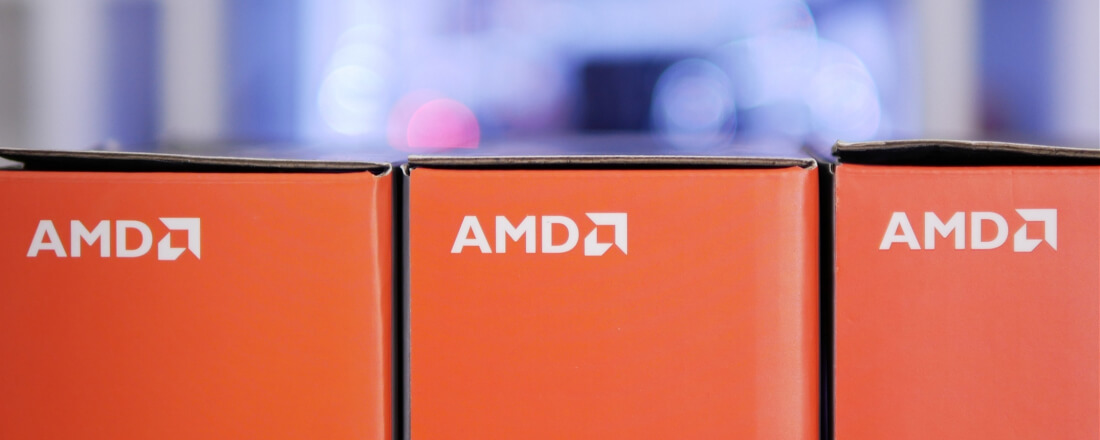Thanks for the nice article.
Part of my takeaway from this is that 'bottleneck' testing is misleading. Testing everything with a high end card and trying to come to conclusions about performance of a CPU doesn't always work, so I'm happy that you tested with a few (although I'd be interested in how AMD cards fare).
For example Battlefield 1 with a 1080 Ti gets 130/152 for an i5-7600K and 128/141 for 'Ryzen 1600X' but 85/109 and 95/106 for the 1070. That higher min frame rate would place the Ryzen higher than the Core i5. Of course, it may just be that min frame rate is a bad measure of actual performance, and percentiles would show them to be closer.
Min and Average are in general not an optimal solution. For min, you are looking at the lowest frame rate produced through a benchmarking run. Unfortunately one or two instances of 16 FPS could very well mislead. Sometimes games will have a very specific set of conditions set off and cause a random drop in FPS or perhaps windows decided to run certain background tasks. For any benchmark I would throw out any outlying minimum frames that do not display any consistency.
Average, on the other hand, may give you an idea of the performance of the hardware but it is abject of giving you a picture of consistency. Sure with higher performance you can expect higher FPS but what frame range exactly will you be getting? It's entirely possible to maintain a high average FPS even if the game's FPS is spiking and thus creating a less than optimal experience.
I really like the idea of Histograms
http://techreport.com/review/31546/where-minimum-fps-figures-mislead-frame-time-analysis-shines
At just a glance they show you not only the average and minimum but also give you precise information on exactly what frame-rate range you should expect.
One of the first review Ryzen+mainstream GPU. Well then I think it performs admirably, especially the R5. Gonna be a budget choice for new gaming rig.
That's for sure. $170 for a 4 core 8 thread CPU that's only 10% on average slower than Intel's 7700k, comes with a better stock cooler and OC unlocked on a cheaper platform. They might not have to lower the price on the 7700k (people will always pay for the best) but everything that Ryzen can match on pure gaming performance will need a severe price cut.

